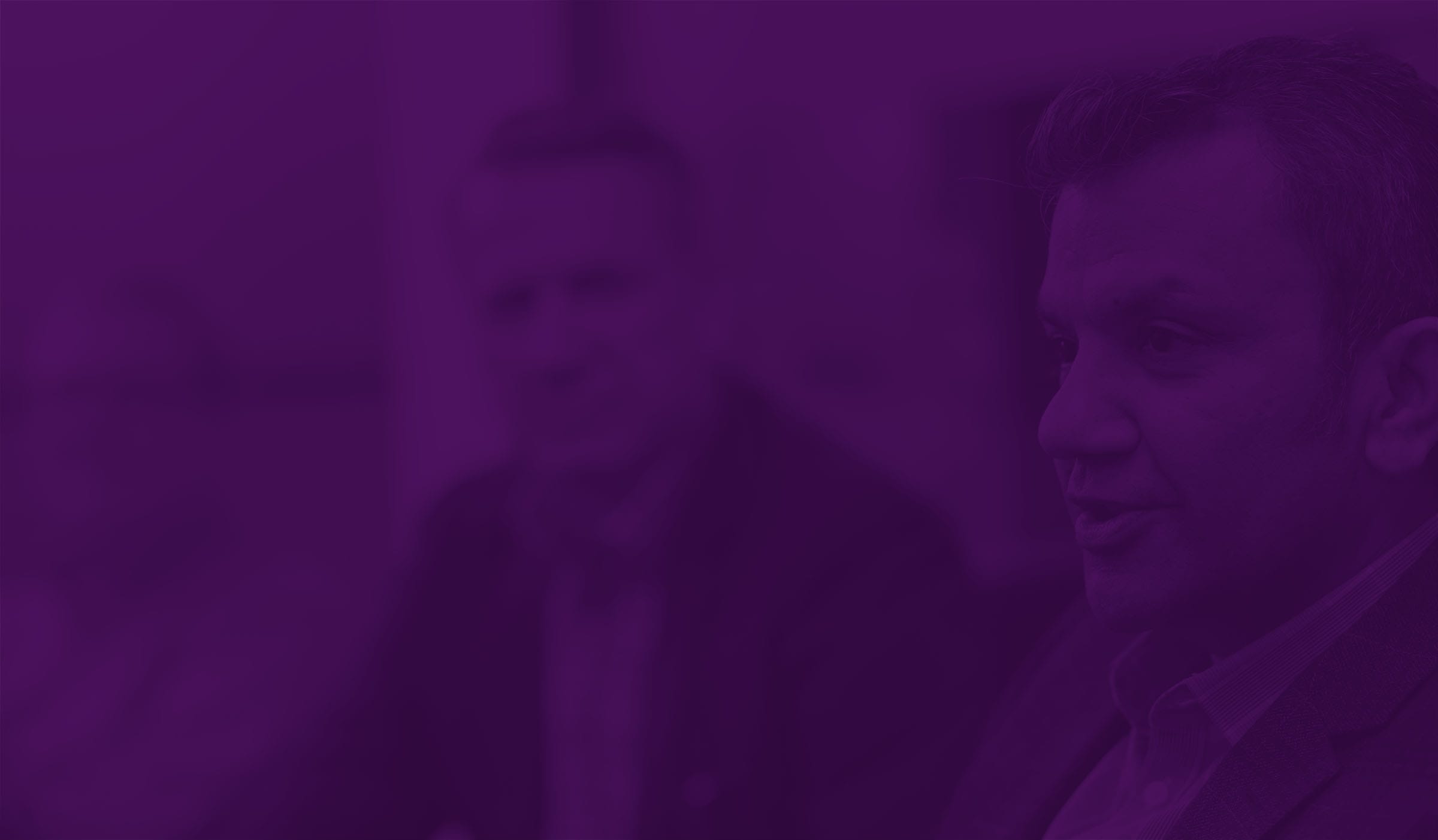
Video Transcript
Our patients suffer with a number of complications of kidney disease. It’s a chronic disease and an acute disease and our patients have been left behind in many of the revolutions that we’ve seen in cardiovascular medicine and oncology.
If a patient needs to maintain a healthy diet he or she needs to eat phosphorus but patients with kidney failure have lost the capacity to excrete a daily load of phosphorus and even with the addition of dialysis for instance hemodialysis three times per week the control of serum phosphate is very poor. N ow we do have other agents they’re generally referred to as phosphate binders that can glom on to dietary phosphate and help to eliminate the phosphorus from the body before it’s absorbed into the bloodstream.
Recently reviewing my own patient experience, I’ve noted that my patients are not only on one phosphate binder perhaps three tablets, three times per day, with meals. The majority of them are on two phosphate binders taking two or three tablets or capsules three times per day with meals. That’s 15 tablets or capsules per day, that’s really a fistful of pills.
As my distinguished colleague, Professor Sharon Mo at Indiana University has often said the best phosphate binder is the one the patient will take. If a patient could manage his or her hyperphosphatemia with 12 pills, or nine pills, or six pills, instead of 15 pills or 12 pills per day — ultimately that would enhance adherence and would improve control over time. So if I were able to use a well tolerated, more potent, phosphate binder and it could reduce the pill burden and we could still achieve excellent phosphate targets that would release the burden on the patients and probably enhance their adherence to their other Therapeutics as well. I wish that we had better solutions and I wish that we were able to control the hyperphosphatemia much better than we do.
What interests me most about Unicycive is that it’s a small company deeply committed to enhancing care for patients with kidney disease. I think Unicycive is uniquely positioned to make an impact in the nefrology space because of its focus. Because, it’s elected to choose two of the areas in nephology with the greatest unmet medical needs. That is hyperphosphatemia in chronic kidney disease and acute kidney injury, for which there is no existing therapy.
I’ve known Shalabh for about four years he’s a brilliant physician executive and I am confident that he is going to achieve what he sets out to achieve. I’ve been very impressed by how carefully he has researched the major conditions he’s trying to tackle and that he listens very carefully not only to me but to many other persons in the field as he’s trying to capture as much knowledge as he can to try to tackle these problems effectively. The care of patients with kidney disease is complex. I think Unicycive of can contribute to that care by developing treatments that are uniquely targeted for the conditions of hyperphosphatemia and acute kidney injury and perhaps other treatments in the future.